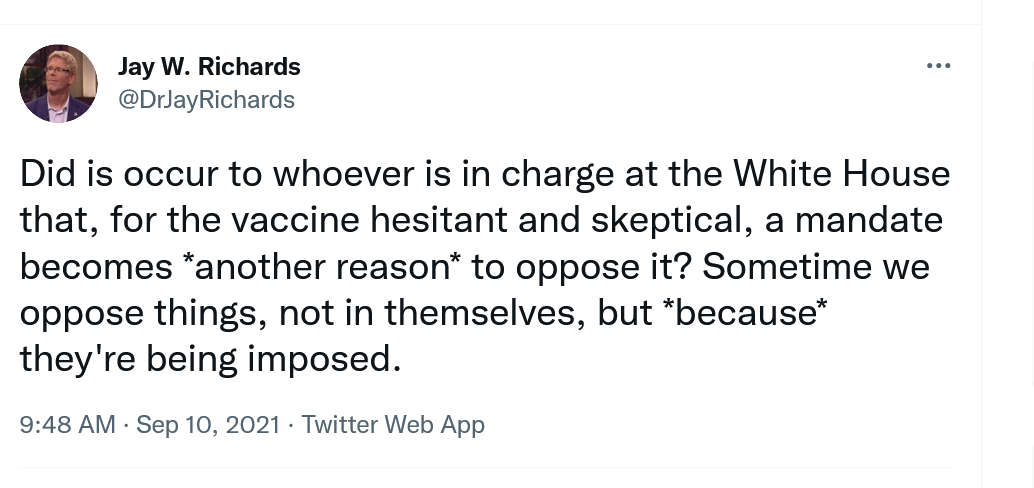
Today is #WrongfulConvictionDay and so I want to highlight the many ways that plea bargaining contributes to wrongful convictions in this country. @InnocenceNtwrk
@InnocenceNtwrk First, it is important to keep in mind that the whole idea behind plea bargaining is that it makes the criminal justice system more efficient—not more accurate, but quicker at convicting people with minimum time and expense. #WrongfulConvictionDay
@InnocenceNtwrk That means, instead of having a jury try to sort out the innocent from the guilty, claims of innocence just become part of a negotiation. A person who says she’s innocent may be able to get a better deal from prosecutors (or she might not.)
@InnocenceNtwrk You might think that an innocent person should just refuse to plead guilty—but that brings us to the second reason that plea bargains lead to wrongful convictions--going to trial is too risky for defendants because we punish people for invoking their right to a jury trial.
@InnocenceNtwrk When a person is convicted after a trial, judges will impose a longer sentence than on those who plead guilty.
Sometimes the judge has to do this because the prosecutor used their charging power to punish the defendant.
But sometimes judges do it of their own accord.
Sometimes the judge has to do this because the prosecutor used their charging power to punish the defendant.
But sometimes judges do it of their own accord.
@InnocenceNtwrk The result is that people who invoke their trial serve much, much longer sentences.
A recent @NACDL report found that people spend on average 3x longer in prison if they go to trial than if they plead guilty. nacdl.org/Document/Trial…
A recent @NACDL report found that people spend on average 3x longer in prison if they go to trial than if they plead guilty. nacdl.org/Document/Trial…
@InnocenceNtwrk @NACDL This creates pressure on innocent people to plea bargain and plead guilty. We know this because some of them have been exonerated. Like Damian Mills, who pleaded guilty to a murder he didn’t commit. #WrongfulConvictionDay law.umich.edu/special/exoner…
@InnocenceNtwrk @NACDL I interviewed Damian for my new book on plea bargaining, which discusses how plea bargaining not only leads to the conviction of innocent people, but also warps the very fabric of our criminal justice system. #WrongfulConvictionDay #PunishmentWithoutTrial abramsbooks.com/product/punish…
@InnocenceNtwrk @NACDL To be sure, trials aren’t perfect. Innocent people get convicted at trials too.
But plea bargaining explicitly sacrifices innocence and justice in favor of efficiency.
In some sense, all of the convictions we obtain from such a system are wrongful. #WrongfulConvictionDay
But plea bargaining explicitly sacrifices innocence and justice in favor of efficiency.
In some sense, all of the convictions we obtain from such a system are wrongful. #WrongfulConvictionDay
@InnocenceNtwrk @NACDL So this #WrongfulConvictionDay I hope you will take a minute to recognize how, instead of trying to fix our system of trials to better get at the truth, we’ve adopted a new system of pressure and pleas.
The new system is worse. And it should have no place in a "justice" system.
The new system is worse. And it should have no place in a "justice" system.
• • •
Missing some Tweet in this thread? You can try to
force a refresh








